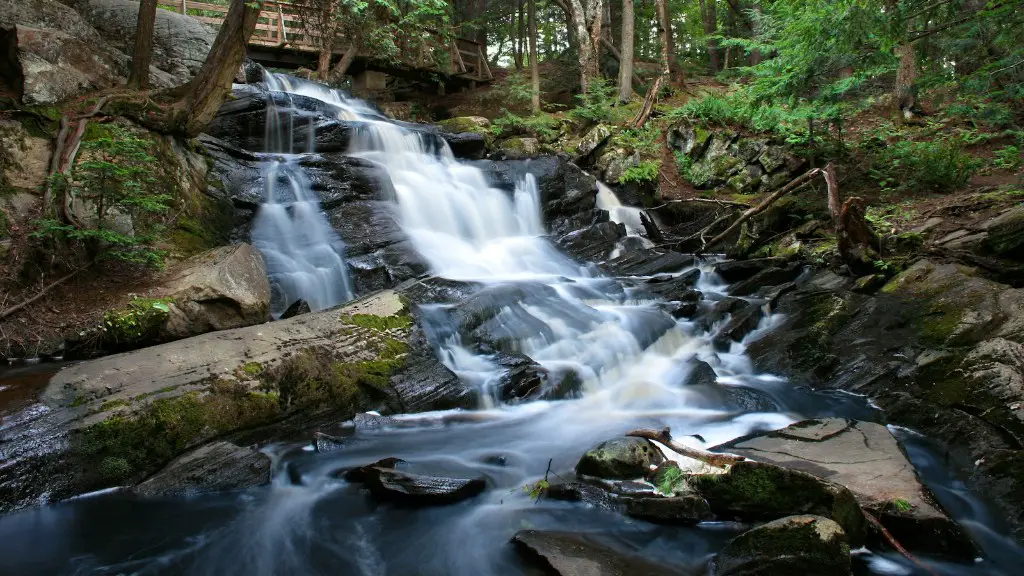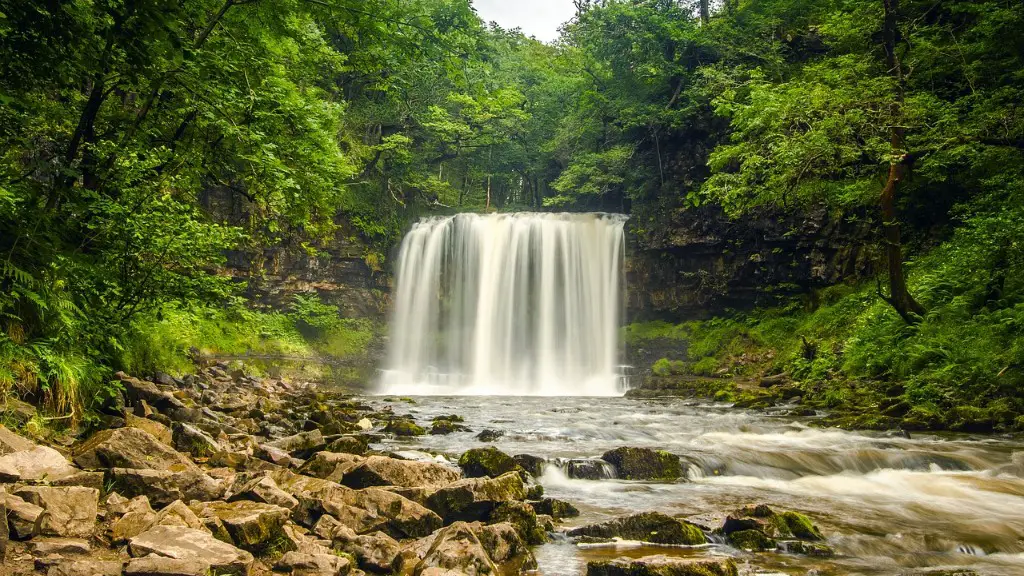Surrounding Ancient Egypt
The Nile River has been a life source in many ways for the African continent. Its curved path contours the geography of a region of antiquity atop the emerald green banks of the life-giving water. It has long been viewed as a majestic artery that irrigates and sustains thousands of miles of history, culture, agrarian life and romance. As such, it is no wonder that among its natural and man-made wonders, the river has been home to several of the world’s oldest civilizations. This includes the ancient Egyptians, who flourished within the bounds of its waterways for centuries.
The complexities of these ancient people have fascinated historians for centuries. What is known about them is that their civilization is widely believed to have flourished along the Nile, with their original settlements placed on the river banks somewhere in the region during 3150BC. From there, the Nile enabled them to travel through its waters across the desert terrain to explore their neighbours kingdoms and to build trading relationships, as well as iconic structures such as grand pyramids and temples.
Nile Economy
The Nile also provided crucial economic developments to the Egyptians. Their settlements were situated in the delta region of the river where the terrain was most hospitable. Incredibly, farmers were able to secure land in order to construct vast, elaborate irrigation systems to nurture crops and reap bountiful harvests. This allowed them to expand their economy successfully, and in turn enabled their civilization to thrive in the face of both natural and man-made disasters.
Furthermore, it is believed that the ancient Egyptians were great sailors. They utilised the currents of the Nile to navigate the waters and transport commodities across vast distances for trade. This understanding of river navigation enabled them to transform the way in which their society operated. They also had boats, so it is also thought that they may have used the currents of the river to explore far away lands such as modern-day Levant and the Arabian Peninsula, trading goods and bringing back stories of their exploits.
Sacred Nile
The Nile River was seen as sacred amongst the ancient Egyptians. It was a benevolent giver of life that enabled their settlements to flourish, the gods and goddesses of the river were credited with both destruction and rebirth of the country. It was believed that the god Hapi had blessed the great river with its life-giving waters, a belief heavily intertwined with the ancient religion of the land.
It was also believed that the sun-god Ra was the divine master of the river, governing the yearly flooding which would provide the silt-rich soil necessary for cultivation. It is even thought that the Egyptians paid homage to the life-giving gift by burying their dead near its waters, so that their spirits may travel along the river and find their way to the afterlife.
Symbolic River
A great deal of symbolism remains attached to the River Nile to this day. Though the great life-giving river has changed in some respects, it remains a source of life, providing food, sustenance and power to all that live near it. It is a source of safety and solace in times of hardship, and a symbol of hope and progress in times of prosperity.
The Nile continues to draw in visitors from all around the world who come to see the marvels of the great waters and understand the power of the land and its people. The ancient life it once bestowed with has been preserved and kept alive in the form of famous structures and monuments, and continues to provide for present day settlements and cultures.
Modern Nile River
The current state of the Nile River is vibrant, with civilizations from around the world looking to it for guidance and sustenance. Many settlements, some of which are among the oldest in the world, still remain situated near its edges, like Egypt’s capital Cairo and its surrounding cities. Despite the use of modern technologies its tributaries and waterways remain largely unharmed and are home to a range of aquatic fauna and flora that rely on its waters for survival.
Thanks to the advances of modern technology, the Egyptians of today still maintain a great knowledge of the river, tracing its history and tracing its journey through their beloved homeland. In many ways the ancient Egyptians’ relationship to their river has been preserved in modern times as a popular source of recreation. Its unexplored hidden depths hold countless secrets, inviting tourists and locals alike to explore its waters and admire its life-giving power.
Cross-Border Connections
The Nile River continues to foster strong connections across borders, bringing together people from all corners of the continent. Among its many glories, the Nile stands as a symbol of cross-border friendship and collaboration, bridging communities on both sides of the River. Many countries in the region have capitalised on its rich history, connecting their traditions and cultures to create a unique, interwoven fabric that is in many ways unique in the world.
In particular, Egypt and Sudan have sought to maintain a close relationship in order to ensure that the river is well taken care of and used in a sustainable manner. Both countries recognise the importance of the Nile in their respective histories and have worked in unison to ensure its future remains safe, secure and prosperous. In doing so, they have continued to foster an active exchange of ideas, cultures and solutions in order to protect its waterways and create a better future for both nations.
Environmental Benefits
The livelihood of the River Nile is still heavily dependent on its environmental conditions. Its waters remain crucial to the economic and social welfare of multiple countries, and continued investment in conservation and protection are paramount if it is to remain a source of life and prosperity.
Efforts have already been made to protect the river, such as the Nile Basin Initiative, a consortium between Egypt, Sudan, Ethiopia, Rwanda and Burundi, which proactively works to ensure equitable use of its resources.
This initiative has enabled enhanced access to clean water, improved irrigation of existing agricultural land, and better use of resources for communities and businesses in need. It has also worked to ensure sustainable growth of the region and continued access to the essential services provided by the Nile.
Continued Conflict
Despite these efforts, tensions remain between countries in the region, with the governments of Ethiopia and Egypt struggling to come to terms with an agreement that would satisfy both their needs. Specifically, Ethiopia is determined to build the controversial dam, which would give it control over the flow of the Nile. This would be beneficial to the country’s infrastructure and energy needs, but would come at a cost to those living within the Tanzanian river basin.
Unfortunately, there is no easy answer to this dispute and the conflict is still ongoing. In the interim, it is important to ensure that all actions and decisions are made in the best interests of the river and its people, so that a lasting agreement that respects both sides can be found.
Cultural Preservation
The Nile River has always played a key role in the conservation of cultures and beliefs throughout the region. The many communities situated along its banks have a strong bond with the river and owe their existence to it. The many traditions, customs and celebrations are all indicators of the rich heritage that has been passed down throughout the centuries.
For this reason, it is important to recognise the role that the river has played in preserving culture, history and beliefs. Governments in the region must continue to support local projects that help to preserve the centuries-old traditions, customs and practices. Additionally, there is a need to provide the necessary resources to ensure that the heritage of the Nile is preserved for future generations.
Impact on Global Communities
The impact that the Nile has had on global communities cannot be understated. It has been a crucial source of life and sustenance for thousands of years and continues to be an essential part of life in many parts of the world. The Nile has provided access to clean water and resources, enabled trade, shaped cultural identities, and most importantly, is an integral part of the history and identity of the African continent.
Ultimately, it is the responsibility of the countries in the region to ensure that the river is respected and embraced. Awareness should be raised of the great life-giving powers of the Nile River and its continuing benefits to the many communities who rely on its waters.


